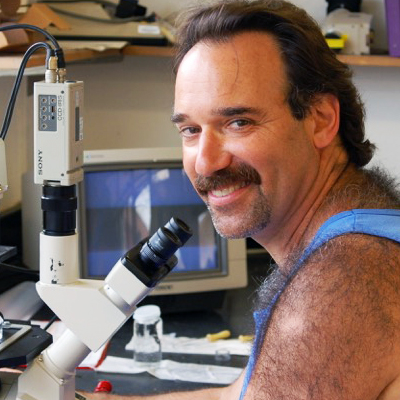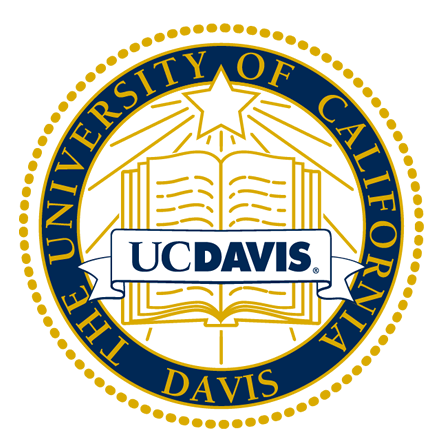Understanding how the climate system operates
Tens of thousands of feet below the ocean’s surface, the ocean’s seafloor accumulates the shells of tiny marine organisms that allow scientists to travel back millions of years to figure out what the Earth’s climate was like before humans walked on the planet. Through the study of small chemical variations in the fossil shells, it is possible to determine characteristics of ancient oceans such as temperature, salinity and pH. Dr. Howard Spero, of the University of California, Davis, uses these tools, and develops novel methods to understand how our climate system operates. By studying the record and mechanisms that control climate in Earth’s past via geochemical analysis of shells of fossil marine organisms obtained from deep sea core sediment, his research group operates at the interface between geology and biology. Identifying the underlying mechanisms and feedbacks that control the Earth’s climate system is critical if we expect to be able to accurately predict the consequences of elevated greenhouse gases and global warming over the next century; therefore, Dr. Spero’s research is of notable significance.
Dr. Spero’s philosophy has guided his research career: “Although we cannot see into the future, we can study the history of climate change in the past through careful chemical analyses of marine fossils that grew during past ice ages and warm periods.” His group is one of only three in the world conducting geochemical experiments on living planktonic foraminifera and developing and calibrating the chemical tools used by the research community to reconstruct the climate history of Earth’s past. This leads to constant development within Dr. Spero’s research. For example, he and his team are now developing new techniques to reconstruct critical aspects of the paleoclimate system such as past cloud cover, rainfall and ocean salinity during abrupt climate events. Reconstructing past cloud cover has never been accomplished before. The development of novel research applications and the use of new research tools has allowed Dr. Spero’s research group to help move that have completely changed the field!
Examples of Current research include:
-
Paleocloud cover: Dr. Spero and his team are working to develop a novel technique to reconstruct the cloud cover was like in the past. Because cloud cover during past climate states is a critical unknown in all climate models, if he is able to develop a paleocloud proxy that can reconstruct conditions during past ice ages, he will resolve a critical uncertainty for the modeling community.
-
Arctic sea ice conditions in the past: Dr. Spero and his research group are developing the use of instrumentation such as lasers and ion microprobes, which can analyze micron scale geochemical variations in fossil shells. With this information, he is attempting to reconstruct the history of sea ice in the Arctic during the past 10,000 years and thereby establish a baseline for understanding the current loss of sea ice in the Arctic Ocean region.
Bio
Dr. Howard Spero has always loved the ocean; in fact, as an undergraduate, he wanted to become a marine biologist. The path that led him to his current research program was an unexpected mix of serendipity and opportunity that allowed him to discover a passion for research at the interface between biology, geology, and geochemistry. Ultimately, Dr. Spero has been able to translate this passion into a research career that has spanned the last thirty years.
A number of motivations have encouraged Dr. Spero to continue his research path. Perhaps most importantly, his research has a broad fundamental impact on a field of science that will provide a road map for political decisions that will affect environments, ecosystems, and global societies over the next century. He also views his research position as an opportunity to train the next generation of scientists so that they are prepared to ask fundamental scientific questions and tackle critical issues related to the impact of greenhouse gases and global warming on Earth’s ocean-atmosphere-terrestrial system over the next forty years.
Website: http://geology.ucdavis.edu/people/faculty/spero.php



